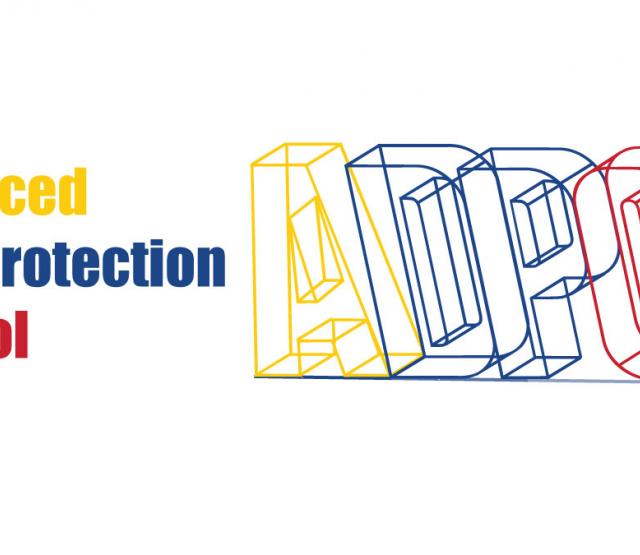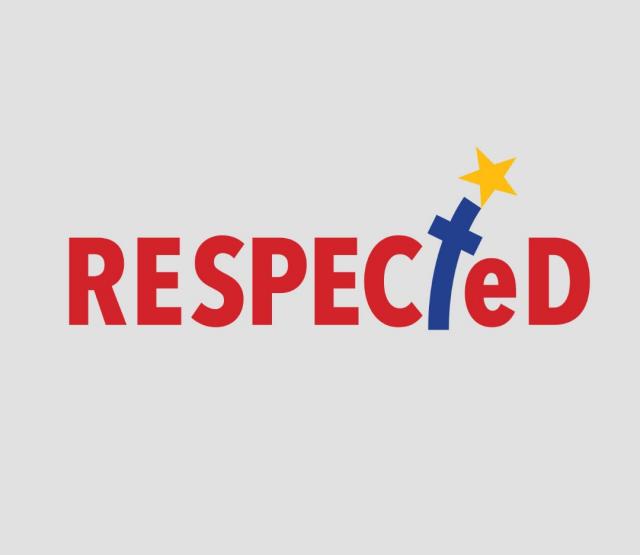
Förderjahr 2019 / Project Call #14 / ProjektID: 4625 / Projekt: RESPECTeD
The concept of consent plays an essential role in the use of digital technologies as an enabler of the individual’s ownership, control, and agency. Regulations such as the GDPR assert this relationship by permitting use of consent as one of the possible legal bases for the lawful practice of data processing. Through this, obtaining consent is widely practised in the digital world, and can be perceived as an essential means to enable the individual’s agency regarding the management and ownership of their personal data. While different legal frameworks specify various requirements and obligations regarding the legal validity of consent, which should be, e.g. valid, freely given, specific, informed and active; existing and ongoing research shows that the majority of people are not empowered to practice their digital right to privacy and lawful “consenting” due to various malpractices and a lack of technological means acting in the individuals’ interest.
The W3C Consent CG (https://www.w3.org/community/consent/) aims to contribute towards the empowerment of humans concerning their rights of privacy and agency, by advocating interdisciplinary, pluralist, human-centric approaches to digital consent that are technologically and legally enforceable.
The mission of this group is to improve the experience of digital “consenting” while ensuring it remains adherent to relevant standards and laws. For this, the group will: (i) provide a space for people and stakeholders to come together (ii) highlight and analyse concepts, issues and problems about digital consenting (iii) propose and develop solutions. Some concrete areas for the working of this group are: (a) developing interdisciplinary solutions; (b) documenting and achieving legal compliance; (c) improving the user experience; and (d) utilising existing and developing new concepts and standards for digital consent.
In order to join the group, you will need a W3C account. Please note, however, that W3C Membership is not required to join a Community Group.
Soheil Human
Prior to his current position at the Vienna University of Economics and Business, Soheil conducted research and managed multidisciplinary projects in several universities and institutes, including Vienna University of Technology (TU Wien), Austrian Institute for Artificial Intelligence (OFAI), Research Studios Austria (RSA), etc. Besides his academic career, he has been coaching and consulting more than 40 start-ups and corporations. Moreover, he has been involved in diverse projects run by national and international NGOs or agencies, such as United Nations Industrial Development Organization (UNIDO).
Soheil is engaged in a broad portfolio of research aiming to empower humans and develop sustainable solutions in the digital economy. In his projects, he conducts multidisciplinary research on human needs & values, digital privacy, human-centric information systems and algorithmic accountability. Soheil Human applies a wide range of theories and methods from Philosophy, Cognitive & Information Economics, Conceptual & Computational Cognitive Modelling, Artificial Intelligence, and Semantic Web in his research. His other research interests involve digital rights, pluralism & epistemic disagreements, predictive processing, and socio-technical imaginaries.



